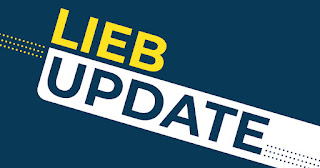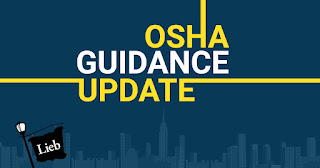All healthcare facilities that receive Medicare and/or Medicaid funding must ensure that their covered saff are vaccinated against COVID after the Supreme Court stayed injunctions that were preventing the implementation of the Department of Health and Human Services (DHHS) Interim Final Rule.
To be clear, the rule does not cover those healthcare workers with medical and religious exemptions and those who telework full-time.
In permitting the mandate to be implemented, the Supreme Court found exactly what it said was lacking in the OSHA vaccine mandate case, to wit: specific language in a statute authorizing Biden's Executive Branch to impose a mandate.
According to the Court, the core mission of the Department of Health and Human Services "is to ensure that the healthcare providers who care for Medicare and Medicaid patients protect their patients’ health and safety." In fact, the Court found that “infection prevention and control program designed . . . to help prevent the development and transmission of communicable diseases and infections” are precisely within the Department's charge.
In addressing its divergent opinions, between OSHA and Healthcare, the Supreme Court explained:
The challenges posed by a global pandemic do not allow a federal agency to exercise power that Congress has not conferred upon it. At the same time, such unprecedented circumstances provide no grounds for limiting the exercise of authorities the agency has long been recognized to have.




